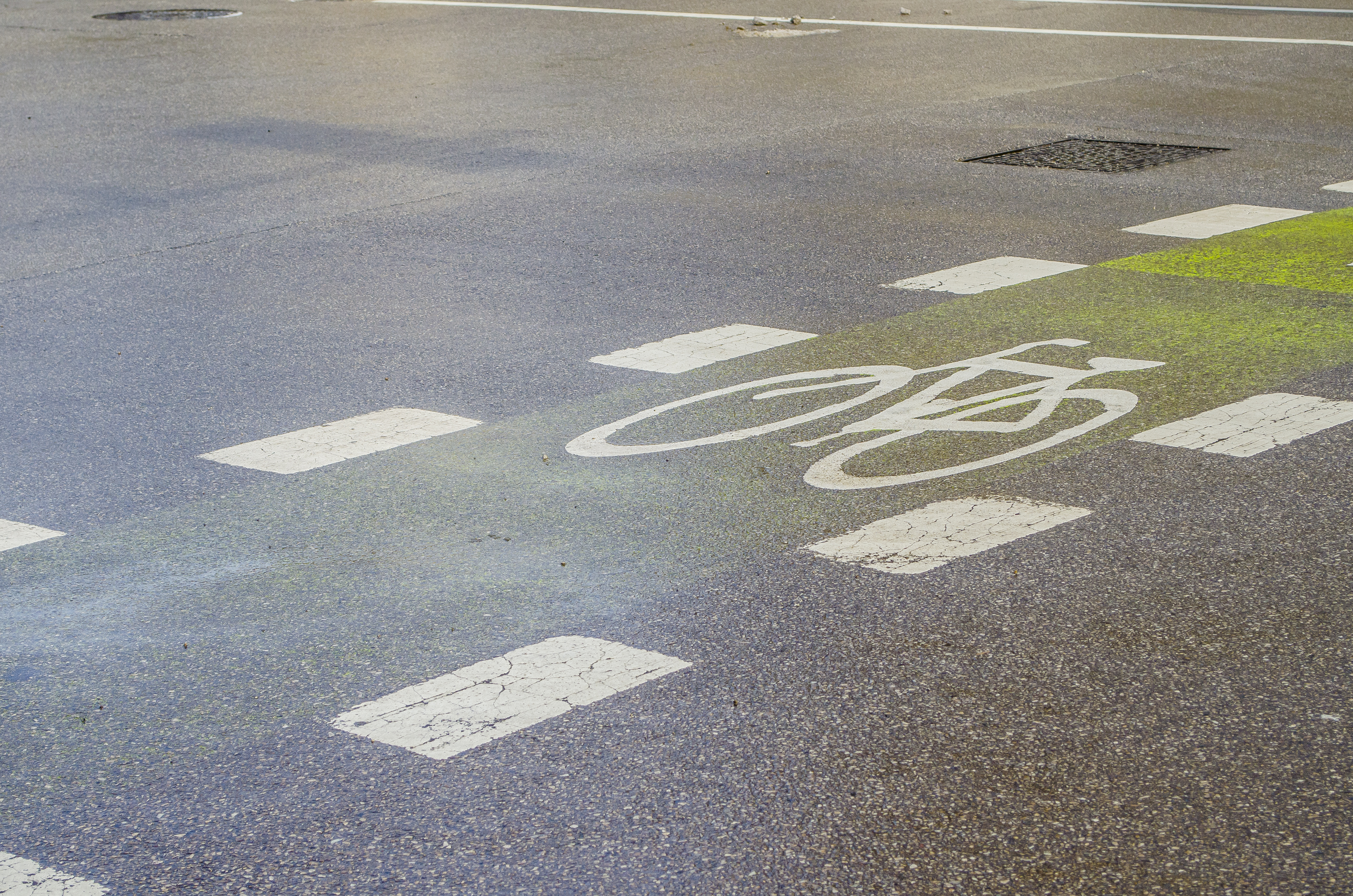
Given Northwestern’s thriving bike culture, it’s no surprise that the Associated Student Government’s December survey featured an entire section devoted to questions regarding the installation of bike lanes around campus.
The survey came at an opportune time, because Evanston received a $480,000 federal grant in early November to install protected bike lanes throughout the city.
Chris Mailing, general manager at local bike shop Wheel & Sprocket, thinks Evanston has done a fantastic job of managing bike lanes in recent history.
“It has been officially designated by the League of American Bicyclists as a Bicycle Friendly Community, and it’s one of only two silver-level communities in the state of Illinois,” Mailing says.
When it comes to bicycle safety, however, there’s always room for improvement. The League of American Bicyclists award comes in tiers, offering recognition at the bronze, silver, gold, platinum and diamond levels. To evaluate a city, the League determines how well it satisfies the “5 E’s”: engineering, education, encouragement, enforcement and evaluation and planning.
Evanston stands to improve “enforcement” in particular, a criterion which calls for “ensuring safe roads for all users.” Evanston’s profile on the League’s website says the city falls in the “26-50%” category, meaning 26 to 50 percent of its main streets are dedicated to bike facilities.
The recent federal grant should go a long way toward improving Evanston’s silver status and the ASG survey may play a role. ASG Associate Vice President for Sustainability Wesley Lien, a Weinberg senior, thinks Evanston will consider the survey results when planning how to allocate the grant’s funds.
“Evanston is considering a huge bike infrastructure re-haul for the city,” Lien says. “The rationale is that we wanted to collect feedback from the students, then present it to the city.”
Lien hopes the survey can elicit support from the student body. “In general, I hope to get a lot of interest in improving bike infrastructure, especially on Sheridan Road,” Lien says.
Evanston has already begun making those improvements. Last summer, the city added a bike lane along Church Street, and that’s only the beginning.
Martha Logan, Evanston’s community engagement coordinator, believes bike lanes have long term benefits that perhaps make them a necessary addition. “The pro is that [bike lanes] encourage bicycling,” Logan says. “That means fewer cars on the street and less wear and tear on the roads. Reducing vehicle traffic also lowers vehicle emissions.”
Mailing takes it a step further, noting that bike lanes lead to less air pollution, a healthier community, lowered cost of health insurance and oil and fewer wars, he says.
Bike lanes keep cyclists off the sidewalks—particularly relevant for Sheridan Road’s pedestrian-filled sidewalk— while also giving the cyclists equanimity and peace of mind. Mailing is confident that improving bike lanes would noticeably increase in the number of bike riders around the city.
“In several cities, they’ve done surveys asking people what it would take to get them to ride [their bikes],” Mailing says. “In the results, 60 percent said they would ride their bike if it is comfortable and convenient— this is the crowd that is interested in bike lanes.”
Logan believes recent innovations have made lanes an even more feasible option.
“They now have protected bike lanes in order to keep the bicyclists from being doored [by cars],” Logan says. “There’s a smaller chance of that happening now. We’re definitely on the cutting edge of making improvements and being sensitive to bicyclists.”
In general, Lien, Logan and Mailing all seem to view bike lanes in a positive light, despite high costs and construction inconveniences. The long-term benefits, they say, generally outweigh the short-term costs.
Another of those long-term benefits applies to Evanston businesses, according to Mailing.
“If we can get the residents of Evanston to bike to their shopping, they are much more likely to shop in downtown Evanston and other commercial districts,” Mailing says. “That’s opposed to Old Orchard Mall, which is un-bicycle friendly and the money from that goes to Skokie.”